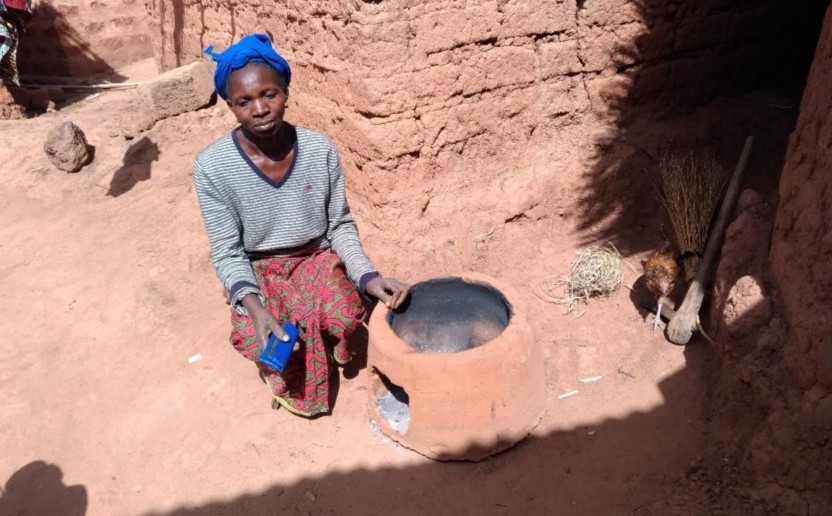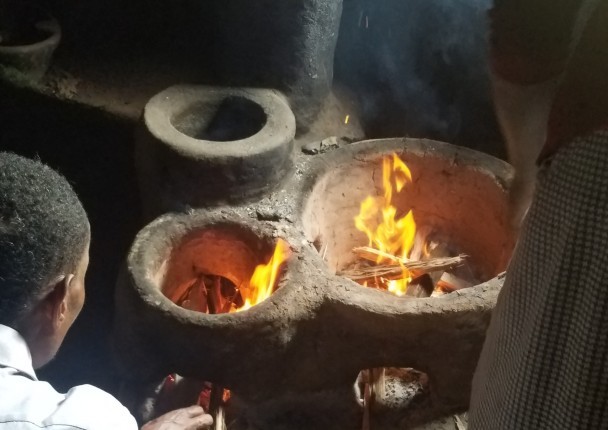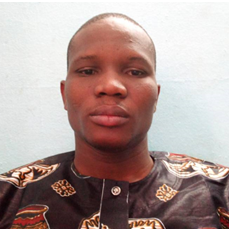ETHIOPUR - Evaluation of an improved stove diffusion project in Ethiopia
Partners
Main goals
Evaluation of the Pur Projet action of improved stoves diffusion in Ethiopia
Specific objectives
Conduct an evaluation through a methodology based on 2 main mechanisms:
- The realization of surveys
- The performance of tests and technical measures on fireplaces and fuels.
Beneficiaries
Producer cooperatives - and their families - supported by the project
Results
300 improved stoves per year are built
Activities
A1. Surveys
Their objectives are to understand the users' use of homes and the impacts on the household and its inhabitants. This allows, first of all, to take stock of the use and adoption of the fireplaces (number of improved fireplaces used, number of traditional fireplaces still used, type of use of fireplaces, durability, use brake, maintenance ...). Socio-economic and quality of life impacts are then addressed in the surveys (savings in money, time of collection, cooking time, use of time and money earned, changes in status health…). The results of the surveys will be compiled by the technicians in the database prepared by Nitidæ.
A2. Technical measurement
Household energy performance tests will be conducted in order to have an objective assessment of the impacts of improved stoves on wood consumption and time savings. The standard used will be the water boiling test (TEE), or "water boiling test" (WBT). It allows to evaluate the performances of the hearths by a simple and fast simulation of the steps normally followed in the cooking of the meals. It consists in measuring the significant parameters of the process of reaching to boiling and maintaining the temperature of the water contained in a pot. The performance of the home is then exposed through indicators such as the thermal efficiency (%), the specific consumption (kg wood / kg water) or the specific boiling time (min / kg water). 3 improved stoves installed by the project will be selected. For each of these households, 3 tests will be carried out. At the same time, 3 tests will be carried out on a traditional focus for comparison of the results and quantification of the gains brought by the FA. Once the data obtained is analyzed, it will be compared with the results of the questionnaires in order to provide a precise estimate of the direct gains obtained in terms of wood saving and time savings. During testing, in addition to the amount of fuel used, more qualitative elements such as wood moisture and gasoline used will be observed.
A3. Overall reflections on the project
The experience of the experts as well as the holding of individual interviews and group discussions of a dozen beneficiaries will allow the formulation of broad recommendations on the project:
- Reflection on fireplace models
- Reflection on the diffusion model
- Reflection on the wood energy sector
Related people
Magloire Sacla Aïde
Design & Mechanical Engineer, specialised in "Energy and industrial technician in mechanical production" from the Ecole Polytechnique of Abomey Calavi (EPAC) in Benin, he brings his expertise in renewable energy including biomass energy recovery and industrial process
See moreKARIFOYA - Evaluation of an improved st…



